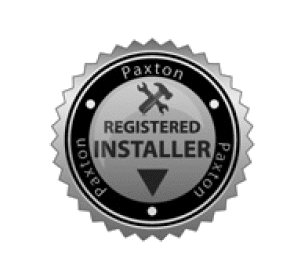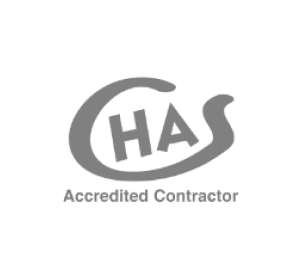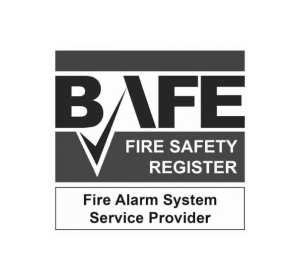Blackburn Alarms provides quality, innovative fire alarm systems. Detecting unwanted smoke and fire in your home, our fire alarm systems will alert you and your family of the danger enabling you to leave the building.
Access Control Systems enable you to control access to areas using a computer based information system. Blackburn Alarms offers a range of access control systems for all premises.
Intruder Alarms (House Alarms) make your home or business safe and secure. Blackburn Alarms intruder alarms are both discrete and effective.
Blackburn Alarms offer the highest quality CCTV systems at the best prices! Our CCTV is available in many different packages and options.
Emergency lighting is required in many locations per UK regulations and working with Blackburn Alarms can assure full compliance.
Have peace of mind with our BAFE fire extinguisher installation and maintenance services. We offer a wide range of fire extinguishers to provide protection in all environments.
We are approved installers of Ajax domestic alarms which offer an integrated security system for homes, offices and apartments.
Blackburn Alarms have been successfully installing security fog machines for over 20 years. We were one of the first companies in the area to be approved to install SmokeCloak.
Blackburn Alarms provide high quality network cabling services across the UK, our commercial network cabling services are second to none.
From fire extinguishers supply and maintenance to building voids inspection and fire risk assessments, our solutions will keep you safe.
We offer certified fire risk assessments to all kinds of organisations, offering protection against fire hazards as well as ensuring you are meeting regulations.
Call
Address








